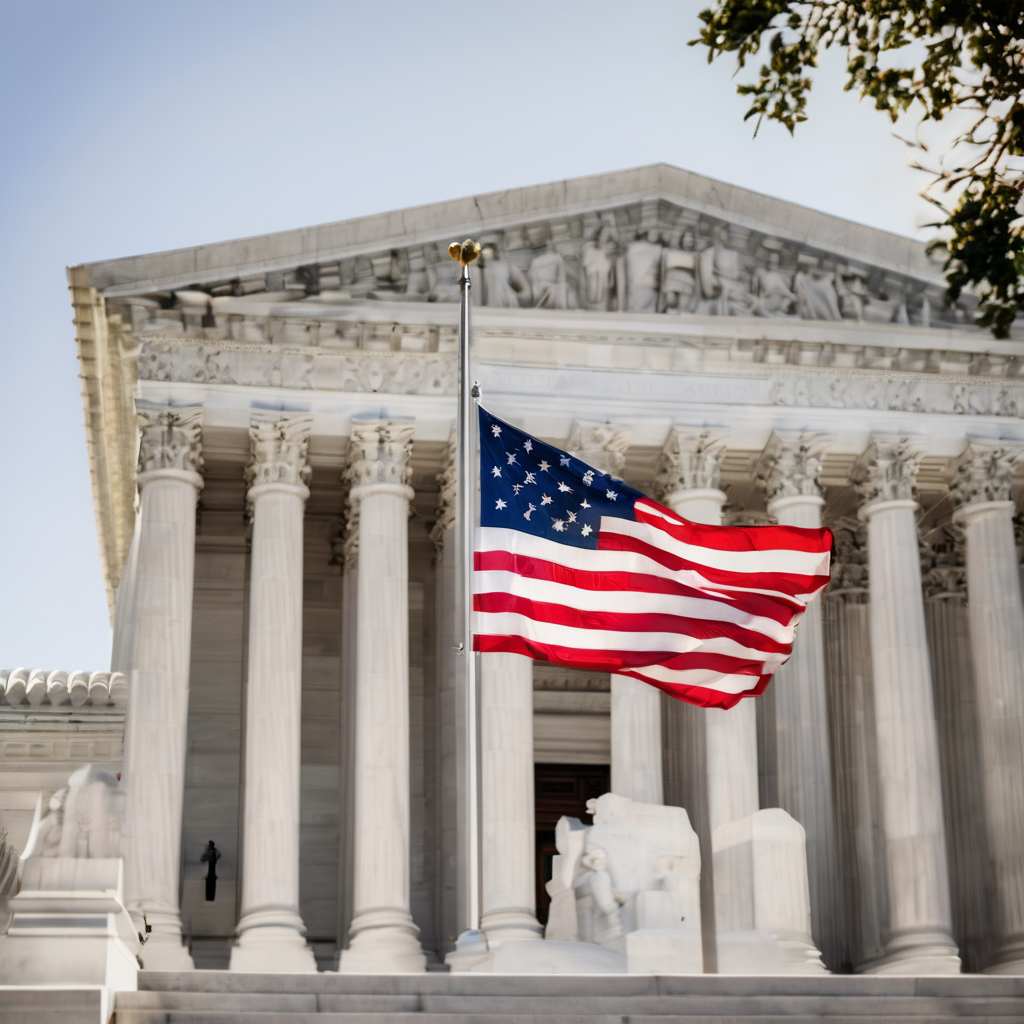The Supreme Court demonstrated a willingness to potentially invalidate a congressional map from Louisiana during oral arguments on Wednesday, highlighting arguments surrounding allegations of unconstitutional racial gerrymandering. The dispute touches upon the delicate balance between race and politics in redistricting, particularly with regard to the Voting Rights Act and the equal protection clause of the 14th Amendment.
This legal conflict stems from Louisiana’s 2022 congressional map drawn after the 2020 census, which, despite about one-third of the state’s population being Black, provided only one majority-Black district among six. This incited a legal challenge from a group of Black voters who argued that the existing map breached Section 2 of the Voting Rights Act, which prohibits discriminatory voting practices. U.S. District Judge Shelly Dick agreed, ruling against the map and mandating the creation of a new plan featuring two majority-Black districts.
Despite Louisiana’s compliance with the directive and the creation of a new map for 2024, this second majority-Black district has been contested by voters describing themselves as “non-African American.” A three-judge federal court found the 2024 map unconstitutional, asserting it sorted voters based on race. The Supreme Court intervened in May, permitting the use of the 2024 map temporarily for the upcoming elections, which saw Cleo Fields, a former Congress member, being elected to represent the newly formed majority-Black district.
During these proceedings, Louisiana’s legal team expressed that adhering to previous court decisions could detrimentally influence the political landscape by concentrating power among Republican incumbents. Conversely, the opposing voters contended that the creation of the second district was necessary for fair representation and accused the state of masking political motivations with racial considerations.
In a noteworthy exchange, Chief Justice John Roberts invoked the complexities of precedent, signaling that prior cases, particularly concerning Alabama, may not directly influence this case’s outcome. Several justices also scrutinized the implications of the court’s decisions on other states’ redistricting efforts and the potential chaos that could ensue should the justices decide to overturn existing voting rights protections.
As the complexity of this case unfolds, it is indicative of a broader national dialogue on race, representation, and the evolving landscape of voting rights in America. The court’s upcoming decisions could set significant legal precedents affecting voting rights, the interpretation of the Voting Rights Act, and redistricting practices across the nation. This critical case emphasizes the need for a careful balance between ensuring fair representation while navigating constitutional boundaries.
